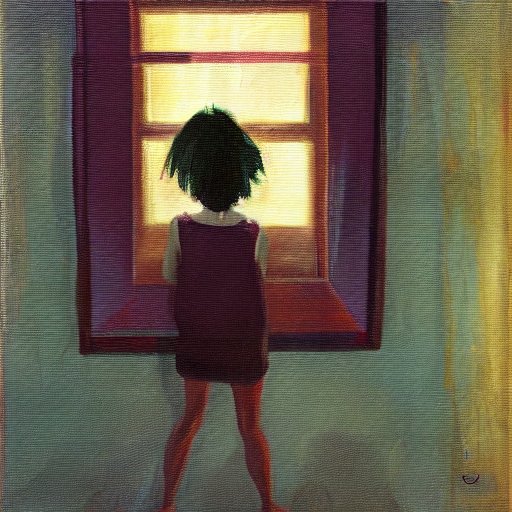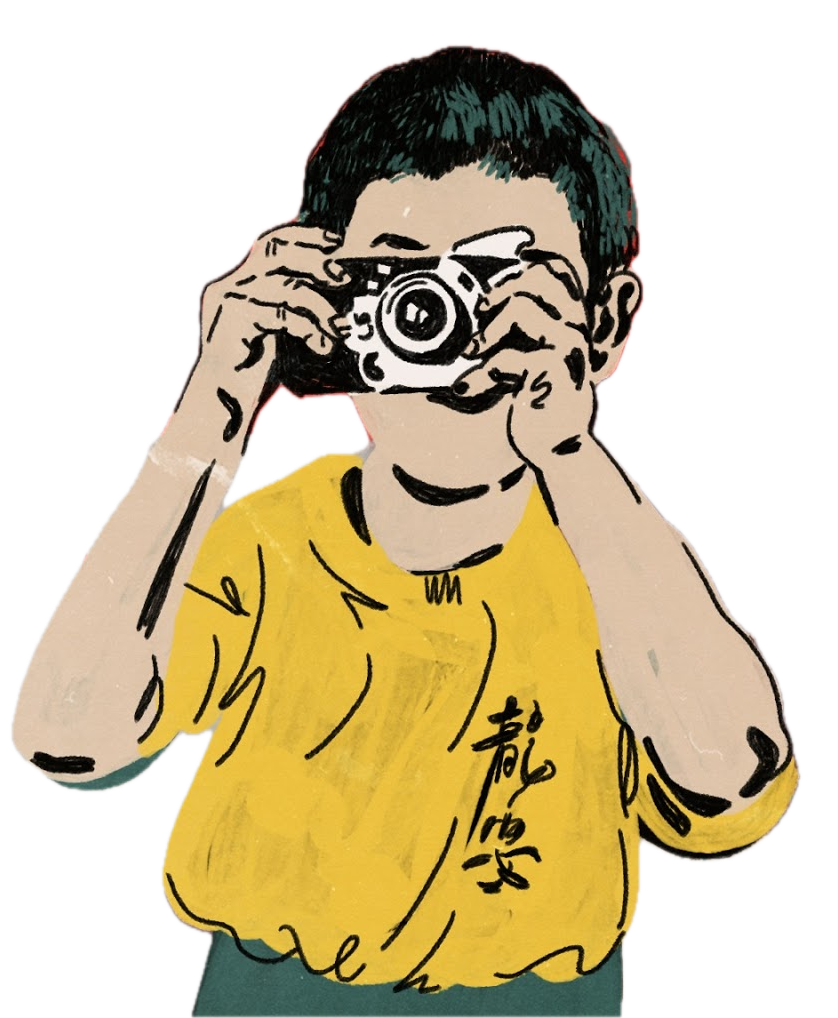Book Review - Klara and The Sun by Kazuo Ishiguro
While being the more positive and optimistic novels by Kazuo Ishiguro, it moved me beyond anything I read last year. As often claimed by Ishiguro himself, his novels often share common themes set in different settings. Still, they never fail to invoke feelings in me that feel unique to that particular novel. Being popularized by his characters who are unreliable narrators and are stuck in the remembrance of their past memories, Klara and the Sun almost feels like a response to his earlier works. Our narrator in this novel is Klara, one of the Artificial Friends (AF) that are humanoid AIs in a world set not so far in the future, and it is from her perspective that we view the world. Being a young AF she is like a child (albeit with enormous intelligence) curious to absorb everything around her and understand human behavior. To her everything is new, and unlike other Ishiguro characters, she is not longing for her past which in her case doesn’t exist yet (or at least that’s how things start). There is a neat fourth wall break in the novel addressing this when the Mother character says to Klara:
“It must be great. Not to miss things. Not to long to get back to something. Not to be looking back all the time. Everything must be so much more …”
The novel explores many themes that are fundamental to the human condition, but what stuck out to me the most was about loneliness and the human need to prevent it at all costs. Since Klara’s primary purpose is to help her teenager “Josie” from getting lonely, she views everything around her from the lens of loneliness. There is a great scene in the middle of the book when Klara visits a pie-shaped cafe, unoccupied by any customers except a lady sitting by herself close to the window. She feels a deep sense of sorrow and empathy for the woman sitting in the empty place that lights up a lively street outside, and this image stays with her and often clouds her thoughts later on. Klara is quick to learn how on some level all humans are lonely and believes that the tendency to prevent loneliness trumps every other human need. However, as she continues to learn and evolve by observing people around her, she realizes that there are forces greater than this need like a mother’s love for her child, which can make people choose loneliness.
Another major idea posed in the novel, which is very natural to its setting, is about what makes us human. In a world where such highly sophisticated artificial friends exist, many people are uncomfortable with the question, is there nothing like a human soul that makes us all unique, if all human feelings and emotions can be replicated artificially? Indeed in the novel, we see Klara exhibit all kinds of human tendencies like hope, curiosity, love, and eventually loneliness. However, the book provides one incredibly powerful answer to this question, that what makes us special is not just who we are, but what we are to other people and our relationships with each other, something which at least Klara believes artificial friends like her can’t replicate.
“There was something very special, but it wasn’t inside Josie. It was inside those who loved her”
I think the novel explores these and many other ideas beautifully and presents that even in a world moving closer and closer to a dystopia, the optimistic side of humanity will continue to prevail, which makes me think that maybe after all we all will be just fine. 4.5/5⭐️

Theme by Ankit Sultana. Yi Yi illustration at the bottom right by Anna Vignet.

